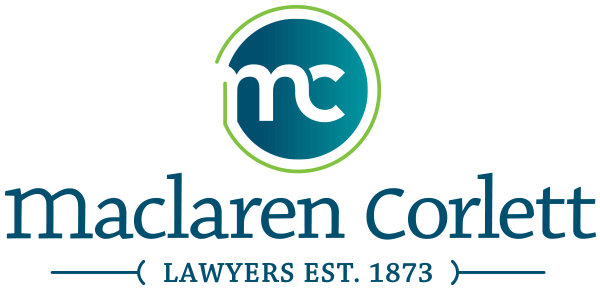Federal Not-for-Profit Corporations: Board Removal – No; Board Suspension – Yes
The legislation governing not-for-profit corporations incorporated or continued under the Canada Not-for-Profit Corporations Act does not permit a Board of Directors to remove a board member. Board members are to be elected, with certain exceptions, by the membership of the organization, and can only be removed from the Board by a resolution calling for such passed at a special meeting of the membership. The Board itself cannot remove a Board member. The particularly relevant sections of the Act are subsections (1) and (2) of section 130 of the Act which read as follows:
“Removal of Directors
130(1) The members of a corporation may by ordinary resolution at a special meeting remove any director or directors from office.
Exception
(2) A director elected by a class or a group of members that has an exclusive right to elect the director may only be removed by an ordinary resolution of those members.
…”
This limitation to the powers of federal not-for-profit boards, this anomaly really, has been a conundrum that these boards and organizations have had to deal with since the coming into force of the Act.
What to do about the misbehaving board member who engages in unethical, or even corrupt, behaviour. Can this be somehow dealt with without the necessity of having to summons a special meeting of the organization’s membership, in many cases a prohibitively costly endeavour. Well, according to a 2016 decision of the Supreme Court of British Columbia, George v. The B.C. Wildlife Federation, there is a way to effecitvely deal with the deliquent board member – suspend him or her. He or she is not removed from the board, but as a suspended board member is importantly removed from the boardroom.
It is of course important and necessary that the corporation’s by-laws permit the board to suspend one of its board members.
Interestingly, the George case was decided under the now repealed B.C. Society Act, that on November 28th of last year was replaced by the new B.C. Societies Act that permits much more flexibility in terms of board member removal so long as the by-laws of the organization properly provide for it. However, under the old B.C. Society Act which was the governing legislation in the George case, there was a very similar limitation on the Board’s power of removal of a board member. Section 31 of the old B.C. Society Act provided:
“31. A director may be removed from office by special resolution (defined elsewhere as a 75% vote of the members of the organization at a general meeting) and another director may be elected, or appointed by ordinary resolution, to serve during the balance of the term.”
In this case the B.C. Wildlife Federation (BCWF) board had suspended, not removed, one of its members for the balance of his term for breach of the BCWF’s Code of Conduct and Ethics.
Simply put, the lawyer for the suspended board member argued, they can’t do that, the Act only permits the membership to remove a board member and a suspension for the balance of the board member’s term amounts to his removal. He struck out. The Court found that there was indeed a distinction between suspension, albeit for the entirety of the balance of the board member’s term, and removal. At the time of suspension the board member’s remaining term was 3 months and that was the length of his suspension. The Court stated,
“If the three month suspension was justifiable the fact that it coincides with the remaining portion of the petitioner’s (the suspended board member’s) term does not in my opinion redefine it as a removal.”
Of course, a board must conform with the rules of national justice when considering suspension of a board member: the member must be given the opportunity to be heard, must be given notice of the hearing, notice of what he or she is alleged to have wrongly done, and those making the ultimate decision must do so in an even-handed unbiased manner.
In conclusion properly handled, properly framed by an organization’s by-laws, boards of federal not-for-profit corporations do have a means available to them, suspension, that enables them to deal with board members who have conducted themselves in a manner such that they ought not be in the boardroom. There are nuances to be careful of for sure, but with the help of proper legal advice the mission can be accomplished.



